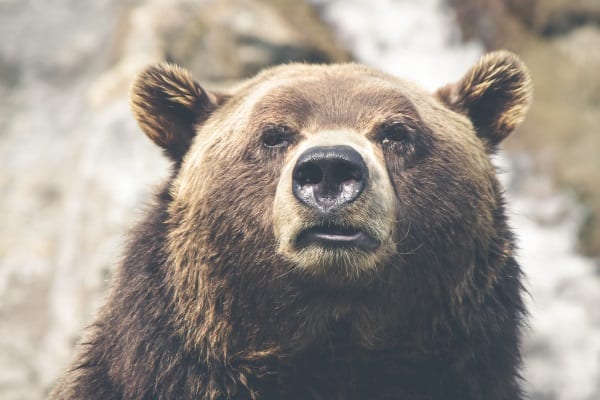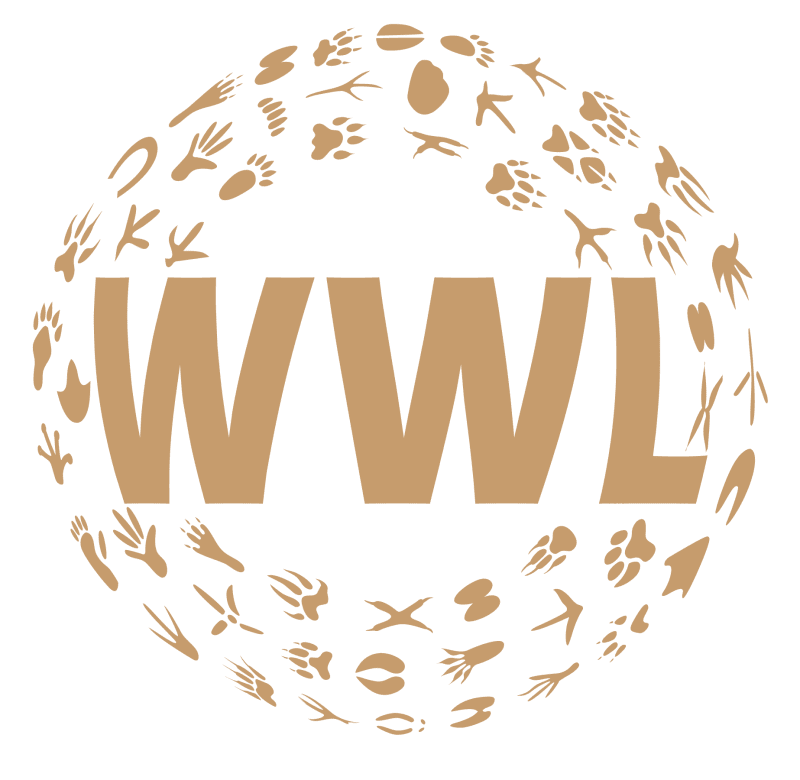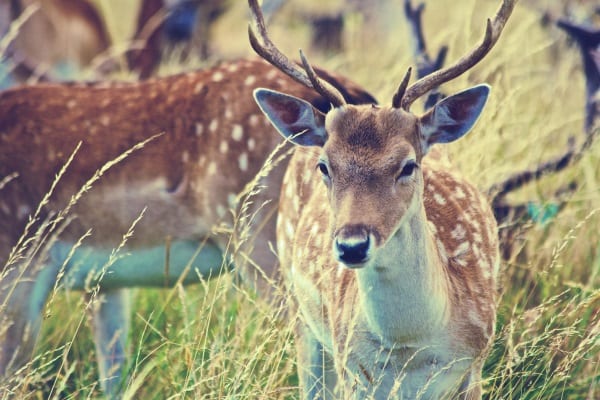Poaching in the US: The Consequences of Unauthorized Hunting
The word “poaching” tends to bring up images of massive elephant tusks and jaguars locked up in tiny crates. We think of lush Brazilian rainforests or the endless African savannah. Unfortunately we should also be thinking of our own coniferous forests and Great Plains at home. Poaching in the US is not only present, it’s serious. If fact, the United States in the number two illegal importer of animals (for both parts and pets) in the world.
What exactly is it?
The term ‘poaching’ is defined by the Merriam Webster dictionary as “to trespass for the purpose of stealing game; to take game or fish illegally.” (Not to be confused with this kind of poaching).
In the US, poaching takes many forms. Beyond catching wildlife outside the hunting season or doing so without a license, legitimate hunters are prohibited from using machine guns, poison, explosives, pitfalls, baiting or vehicle/aircraft to capture animals. Unlike in economically depressed regions around the world, the social motivators for poaching in the US tend to be broader: including commercial gains, bringing home trophies and the thrill of killing wildlife.

How bad is it?
Poaching in the US takes a large toll on both the environment and local economies. As larger animals are removed from the ecosystem, a process known as defaunation, the entire ecosystem experiences imbalances. For example, without animals to eat the larger seeded trees, these tree populations expand such that they eventually drive smaller seeded trees to local extinction.
Economically, poaching is bad for business. This is true from rural Africa to the Rocky Mountains to the southern Atlantic coast. It is a vicious cycle: increased poaching leads to negative publicity and less wildlife tourism. This in turn hurts hotel owners, restaurants, wildlife-tour business; really anyone for whom their livelihood is tied up in tourism. In some areas the economic impact is so strong that locals have no choice but to engage in poaching themselves!
So, what can I do?
Poaching is an international problem that is as serious as it is daunting. Fortunately, if this has struck a chord with you, there is plenty to do about it right here in the US.
•Understand what IS and what ISN’T poaching. The US Fish and Wildlife Service offers a good guide explaining the differences between legal and illegal wildlife trade. Do your homework, don’t be this guy.
•When touring other parts of the country or the world, pay attention to what you are buying and taking home. Check out the US Fish and Wildlife Service’s rules and regulations regarding permits and “buyer beware” tips.
•Consider volunteering with a reputable conservation organization. They need YOU to keep doing their increasingly important work.

